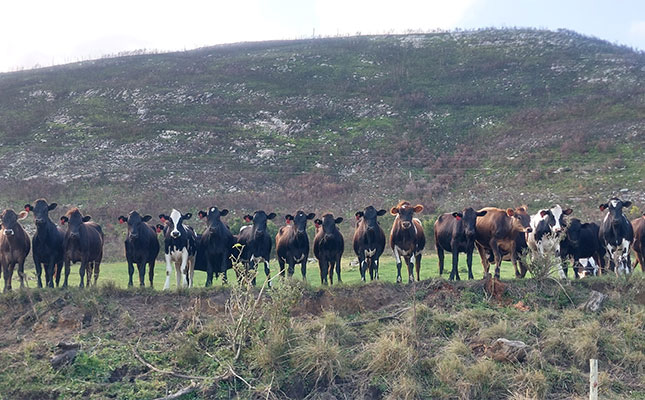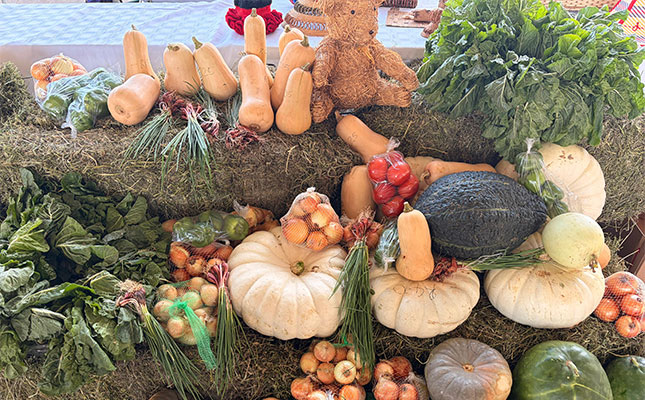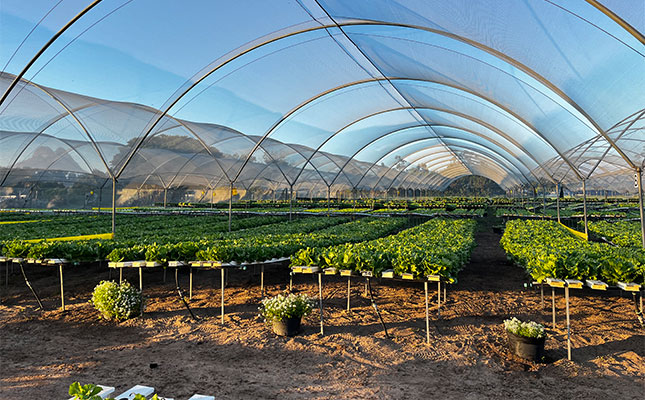
During the discussion, titled ‘Future-proofing South African agriculture: farming for 2050 and beyond’, Codrington said the world was teetering on the brink of profound transformation, as evidenced by advances in drones, robots, machine learning, and artificial intelligence.
However, other local and global factors were also at play, such as the impact of the US presidency on international trade; the way in which the Government of National Unity might reshape South Africa; changing demographics, such as people living longer, having smaller families, and moving to cities; and increased pressure on the environment due to the growing global population and climate change.
Speaking to Farmer’s Weekly, Codrington said farmers had the advantage of being able to navigate change due to their experience with uncertainty, such as changing market and weather conditions.
He added, however, that this future- oriented mindset would need to be intensified.
“The future will no longer remain a repeat of the past. Farmers need to experiment more, and innovate and build resilience into their businesses and relationships to weather the change,” he said.
While times of high uncertainty are stressful, Codrington added that they usually coincided with more opportunities than when things are more predictable.
Reimagining the future, Jordan Chaya, student in the Department of Agricultural Economics at the University of Pretoria, said during the panel discussion that young people grew up with new technology and innovations that could improve efficiencies and allow farmers to produce more food for a growing population, with less land and water.
They should therefore be included in solutions aimed at future- proofing the agriculture sector.
Thabitha Mokone, director of agricultural economics at the Free State Department of Agriculture, added that older people had the years of experience to help mentor and shape the young people into their future roles in the sector.
Get trusted farming news from Farmers Weekly in Google Top Stories.
➕ Add Farmers Weekly to Google ✔ Takes 10 seconds · ✔ Remove anytime










